Few people in history have bridged science and humanitarianism as remarkably as Linus Pauling — the only individual ever to win two unshared Nobel Prizes. His life’s work spanned chemistry, biology, medicine, and peace activism, leaving a legacy that continues to shape modern science and global ethics.
A Pioneer in Molecular Science
Born in 1901 in Portland, Oregon, Linus Pauling showed an early fascination with how the world works. This curiosity grew into a groundbreaking scientific career that transformed chemistry itself.
In the 1930s, Pauling was one of the first scientists to apply quantum mechanics — a new branch of physics — to explain chemical bonding, the invisible forces that hold atoms together in molecules. His book The Nature of the Chemical Bond (1939) became one of the most influential texts in modern chemistry, often compared to Newton’s Principia for its impact.
Pauling’s work went beyond theory. He deciphered the structure of proteins, including the alpha helix, a key building block of life’s molecular machinery. His insights laid the foundation for molecular biology — the same field that later led to the discovery of DNA’s double helix.
The 1954 Nobel Prize in Chemistry
In recognition of his revolutionary contributions to understanding chemical bonds and molecular structures, Pauling received the Nobel Prize in Chemistry in 1954. By that time, he had already become one of the most respected scientists in the world — and a central figure in the rise of modern chemistry and biochemistry.
From Molecules to Morality: The Peace Activist
The devastation of Hiroshima and Nagasaki in 1945 marked a turning point for Pauling. He began to see science not just as a tool for discovery, but also as a force for responsibility.
Determined to prevent nuclear catastrophe, he became an outspoken anti-nuclear activist. In the 1950s, at the height of the Cold War, he organized and presented a petition signed by 11,000 scientists urging an end to nuclear weapons testing.
Despite facing government backlash and being labeled a communist sympathizer, Pauling persisted. His relentless advocacy contributed to the Partial Test Ban Treaty of 1963, which prohibited nuclear tests in the atmosphere, outer space, and underwater.
For his courageous efforts, he was awarded the Nobel Peace Prize in 1962 — making him the only person ever to receive two unshared Nobel Prizes.
Later Years and Controversy
In his later years, Pauling turned his attention to health and nutrition, becoming a leading proponent of vitamin C therapy. While his claims that high doses of vitamin C could prevent colds and even cancer were controversial and not fully supported by scientific evidence, they sparked widespread debate about the relationship between nutrition and disease.
Legacy
Linus Pauling’s legacy lies in his dual devotion to truth and humanity — the idea that science should serve not only knowledge but also peace and well-being.
He helped define the molecular age, influenced generations of scientists, and demonstrated that moral courage can be as powerful as intellectual brilliance.
Today, Pauling remains a symbol of how one individual, armed with both reason and conscience, can change the world — twice.






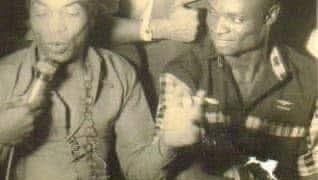
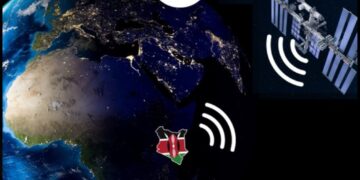





























































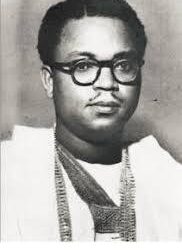
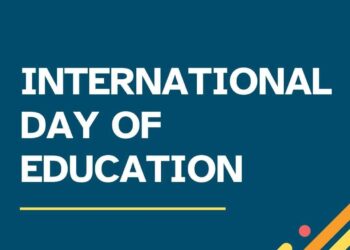
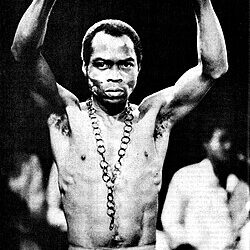

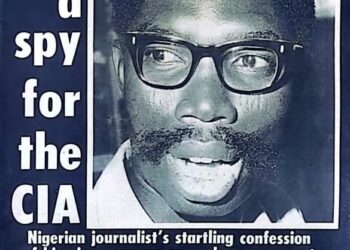









 EduTimes Africa, a product of Education Times Africa, is a magazine publication that aims to lend its support to close the yawning gap in Africa's educational development.
EduTimes Africa, a product of Education Times Africa, is a magazine publication that aims to lend its support to close the yawning gap in Africa's educational development.